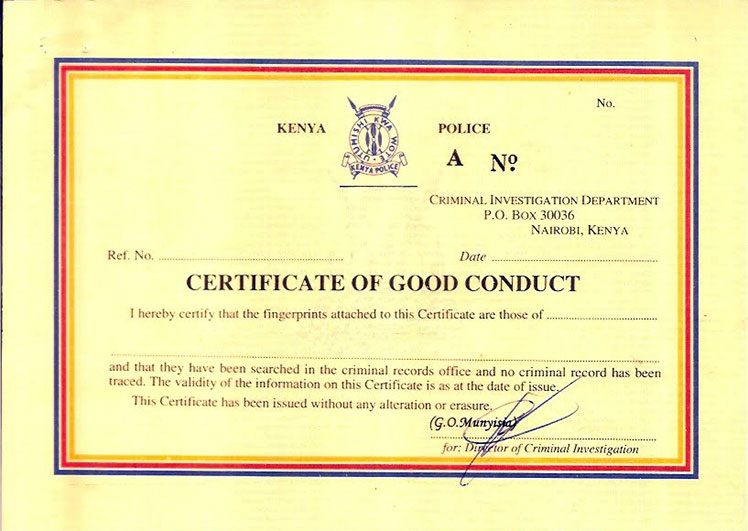The result? A loyal global following.
As the genre evolved, it came to a fork in the road, splitting into what we have come to know and love as trap - a melodious more playful, new age, illegitimate child to hip-hop. The global inclination to trap as a replacement to original hip-hop seems to have been more of an inclination to what the younger audience wanted, and easily vibes to.
Kenyan rap scene
In time, Kenyan youth naturally wanted something they related to and our artistes delivered. How can we ever forget the lyrical storm that was E-Sir (RIP)? Then, enter John Vigeti of Ukoo Fulani MauMau, Abbas, Chiwawa, Nyashinski, Bamboo, and Kantai(RIP).Having had a rich base borrowed from the art of great hip-hop writing and delivery from some of the best acts that graced the world stage like 2-Pac, Biggie, Run DMC, Bone Thugs-n-Harmony, Nas, DMX, Busta Rhymes, and too many other greats gave this troop of Kenyan creative hip-hop heads the vehicle they needed to define many of my young listening experiences.
The original Kenyan wave was followed by other hip-hop heads like Juliani, Jua Cali, Rabbit, Octopizzo and Khaligraph; all of whom have their different delivery styles. What remained constant was the appeal they had on their audiences.
The change of taste that came with yet another new age that seemed to dilute the intention in the music; it became more cosmetic, something about just having a good time and making the crowd move, and less about speaking up on societal missteps. It almost felt like an end of the original hiphop and rap genre.
But then, enter The Khali Cartel a 10-minute rap song that brings together some of the hottest rap acts to the table. It felt like a renaissance to me and reinforced the idea that hip-hop is not entirely dead. Rappers like Bey T, Silverstone, Breeder, LW, Reckless and Chiwawa (an old cat in the game) seem to be the new custodians of the tradition. To know that they still exist in their purest form gives us hip-hop lovers hope that the future of hip-hop is safe.
On this 10-minute track, cultural issues like drug abuse and violence in the ghettos came out strong, and together with the artistic direction of the videos makes them masterpieces. And all the credit goes to Khaligraph Jones for mentoring this future legion of hip-hop stars.
All I can say is that my eyes -and ears- are peeled for what's coming next!




